Alumnus and faculty member Larry Heck answers our AI questions.
(text and background only visible when logged in)
Cortana. Bixby. Alexa. Google Assistant. One way or another, Larry Heck has been involved in all of these virtual assistants. The two-time graduate of the School of Electrical and Computer Engineering (ECE) — master’s in 1989, Ph.D. in 1991 — spent decades in tech helping develop the voices that have become part of many of our lives. In 2021, he returned to North Avenue as a member of ECE’s faculty and has been helping to establish Georgia Tech’s AI Hub.
(text and background only visible when logged in)
1. Why did you choose electrical engineering for your studies and career?
When I was in high school in the ‘80s, NASA’s space shuttle program was in full swing. I was particularly interested in the aspects of the NASA program that involved signal processing, machine learning, and communications. EE was the best fit for these areas. Although I ended up going a different direction, studying EE turned out to be a very good decision for my career.
2. When did you first get interested in the possibilities of AI for speech recognition and language processing?
In my senior year of undergraduate at Texas Tech University, I was able to work on a year-long project of my choosing. The Texas Instruments TMS-32010 DSP chip had recently been released and I was interested to see what could be achieved in signal processing on this new chip series. My lab partner and I built our own PC plug-in card to support the TMS-320 chips (wire wrapping and all!) and then I spent the rest of the semester programming it. While my programs were limited to relatively simple digital filters, I was reading about the other possibilities of what the chip could support, including speech recognition. Much of this was published by IEEE and authored by Georgia Tech researchers.
3. You’ve been involved in so many of the virtual assistants that have become household names. Do you have a favorite?
Well, of course, my first love is Cortana. The effort started from discussions with Satya Nadella in early 2009 when he tasked me to write the Long Range Plan (LRP) for Microsoft Search (later called Bing). In that LRP, I wrote a section called “Conversational Search.” Bill Gates had written an article about the future of conversational search in his recent Think Week, and Satya encouraged me to connect with Bill. Ultimately, this led to me joining the Microsoft Speech team as their chief scientist and initiating “Project Louise,” which eventually became Cortana.
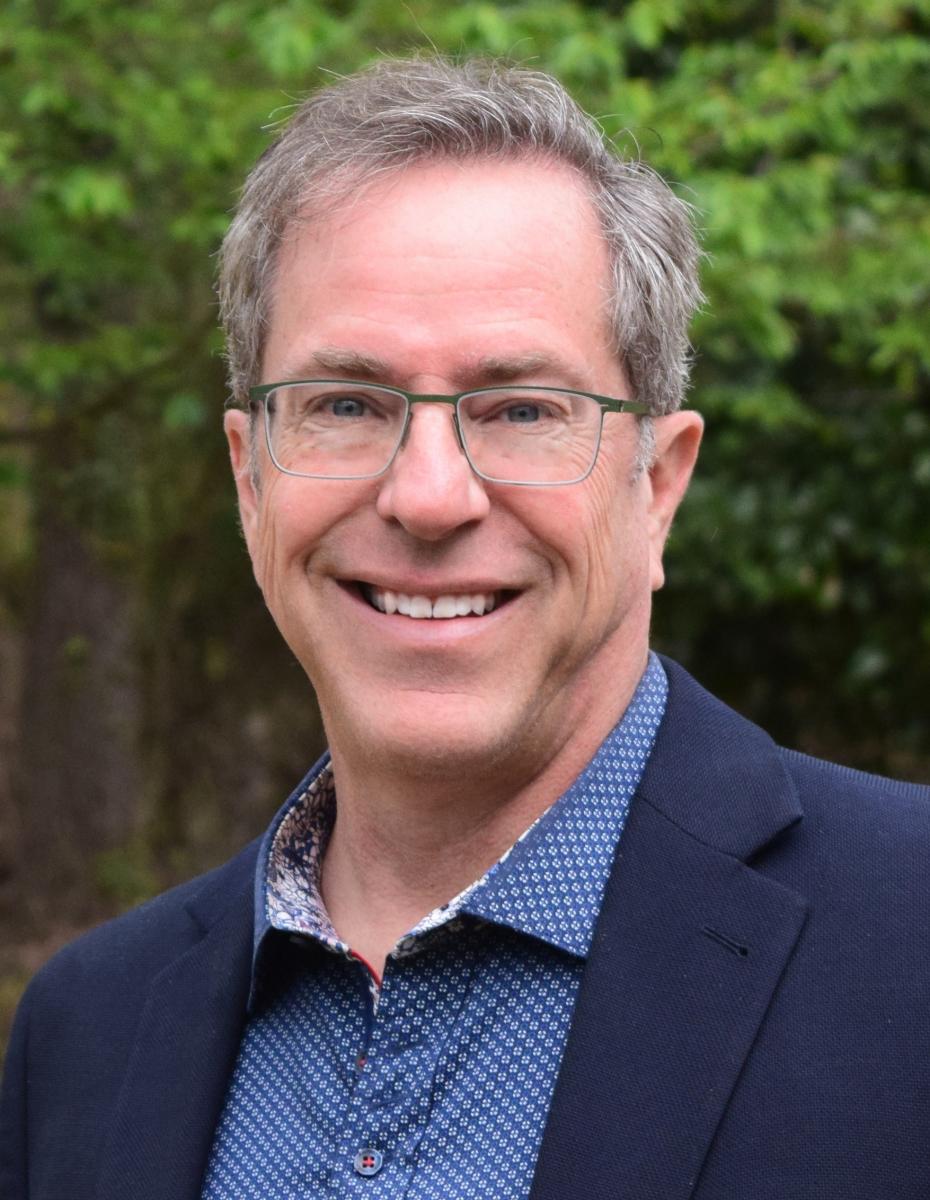
4. What are you working on now?
Revolutionizing innovation at the speed of thought. Rather than displacing humans, I see AI as a collaborator that augments and elevates humanity. In this vision, AI works in tandem with humans, extending our capabilities and bestowing upon us unprecedented superpowers of creativity and productivity. Imagine having an idea and seamlessly collaborating with your AI Virtual Assistant (AVA) to bring that idea to fruition. While recent strides in generative AI represent a significant leap in this direction, there is still a considerable journey ahead. That’s why I have built the AVA Lab and helped start the AI Hub at Georgia Tech.
5. What is the AI Hub and how does it focus Georgia Tech’s research in this area?
The AI Hub is a “better together” story for AI at Georgia Tech. While we have many successes in AI research from our highly talented faculty and staff, much of this success has been bottoms-up though small groups of faculty. The AI Hub’s goal is to complement these grassroots efforts with Institute-wide support for taking on bigger, world-changing AI challenges. We also want to create AI technology to fundamentally transform how Georgia Tech operates as an institution — amplifying our research, teaching, and operations. In the AI Hub, we refer to this as GT^AI (Georgia Tech to the power of AI).
6. So, what will Georgia Tech’s leadership in AI look like?
The most successful way to become a leader in any area is to have a clear vision, rally the broader forces behind a “better together” story, and create technology that we — the team of faculty, scientists, and developers — want to (and actually do) use ourselves every day. This last part is what we referred to in Silicon Valley as “dogfooding” or “eating your own dogfood.” A fantastic way for us to achieve this dogfooding is to create and use AI technology to give Tech employees and students the superpowers I referred to earlier. For example, in the future, researchers ask their AVA to read (many) scientific articles and brainstorm with AVA on best next directions for the research. Teaching is enhanced by creating the next generation of AI teaching assistants like Jill Watson (created here at Georgia Tech). Students would be able to “check out” their personalized AVA when they arrive on campus. AVA would help them craft a curriculum and offer private tutoring through difficult classes — and stay with them for their entire time at Georgia Tech. Staff would be given superpowers in their day-to-day tasks through their personal AVA. All of these “dogfooding” experiences in the future would give us great data and feedback to improve our core AI technology that can be leveraged beyond Georgia Tech for external grant-based research and applications with industry.
(text and background only visible when logged in)
Rather than displacing humans, I see AI as a collaborator that augments and elevates humanity. In this vision, AI works in tandem with humans, extending our capabilities and bestowing upon us unprecedented superpowers of creativity and productivity.
LARRY HECK
(text and background only visible when logged in)
7. What brought you back to academia after a varied and successful career in industry?
I wanted to give back to Georgia Tech — both to the Institute as well as individual students. I have been involved for the past decade on the advisory board for ECE. I could see the great potential for ECE and Georgia Tech, I could see opportunities to contribute, and I wanted to get directly involved with this next chapter of Tech’s growth, particularly in AI.
8. What’s the most common thing you’re asked about AI?
With the recent awareness of generative AI technologies (e.g., ChatGPT), I am asked, “How intelligent are these new AI systems?” and “Do these new innovations represent a breakthrough in artificial general intelligence?”
9. What’s the one thing about AI that everyone should know?
AI has been in development for decades. Many of the technologies having success today, such as generative AI, have been in development for many years. This is not a sudden breakthrough but rather the result of many talented scientists working for a long time, making slow and steady progress.
10. How do you use AI tools in your everyday life?
My definition of AI tools is pretty broad (including search), so AI tools are part of everything I do. Most recently, we have been using AVA in the open space of my lab running on a large screen. Our goal is to “dogfood” and interact with AVA every time we pass by her in the lab.
(text and background only visible when logged in)
(text and background only visible when logged in)
Related Stories
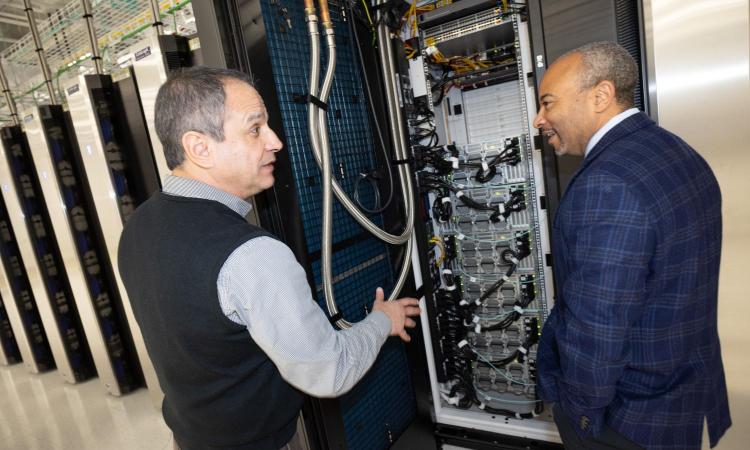
Making AI
A first-of-its-kind AI Makerspace created in collaboration with NVIDIA will give undergrads unprecedented access to supercomputing power for courses, projects, and their own innovations.
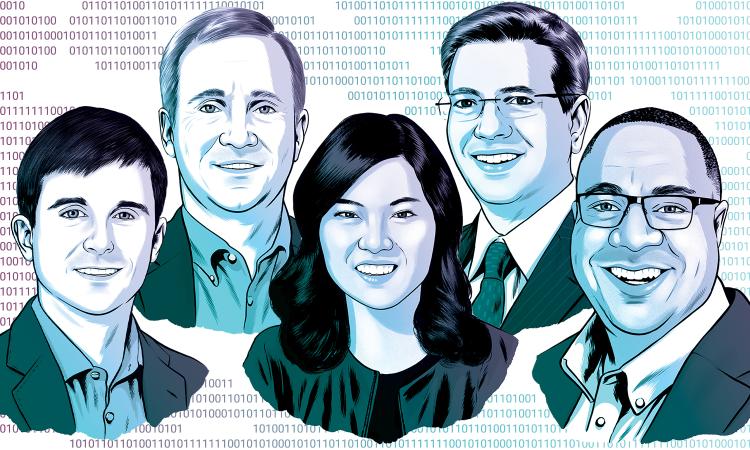
AI Beyond Campus
Corporate leaders with ties to the College describe AI in their current roles, what will happen in the next five years, and how students and professionals will need to adapt.
(text and background only visible when logged in)
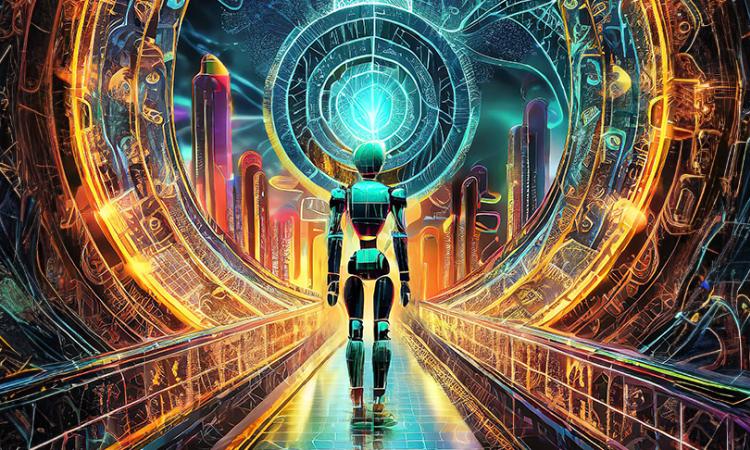
What IS Artificial Intelligence?
Engineers working in machine learning and AI offer a crash course in the basic concepts and buzzwords that have moved from the lab to everyday life.
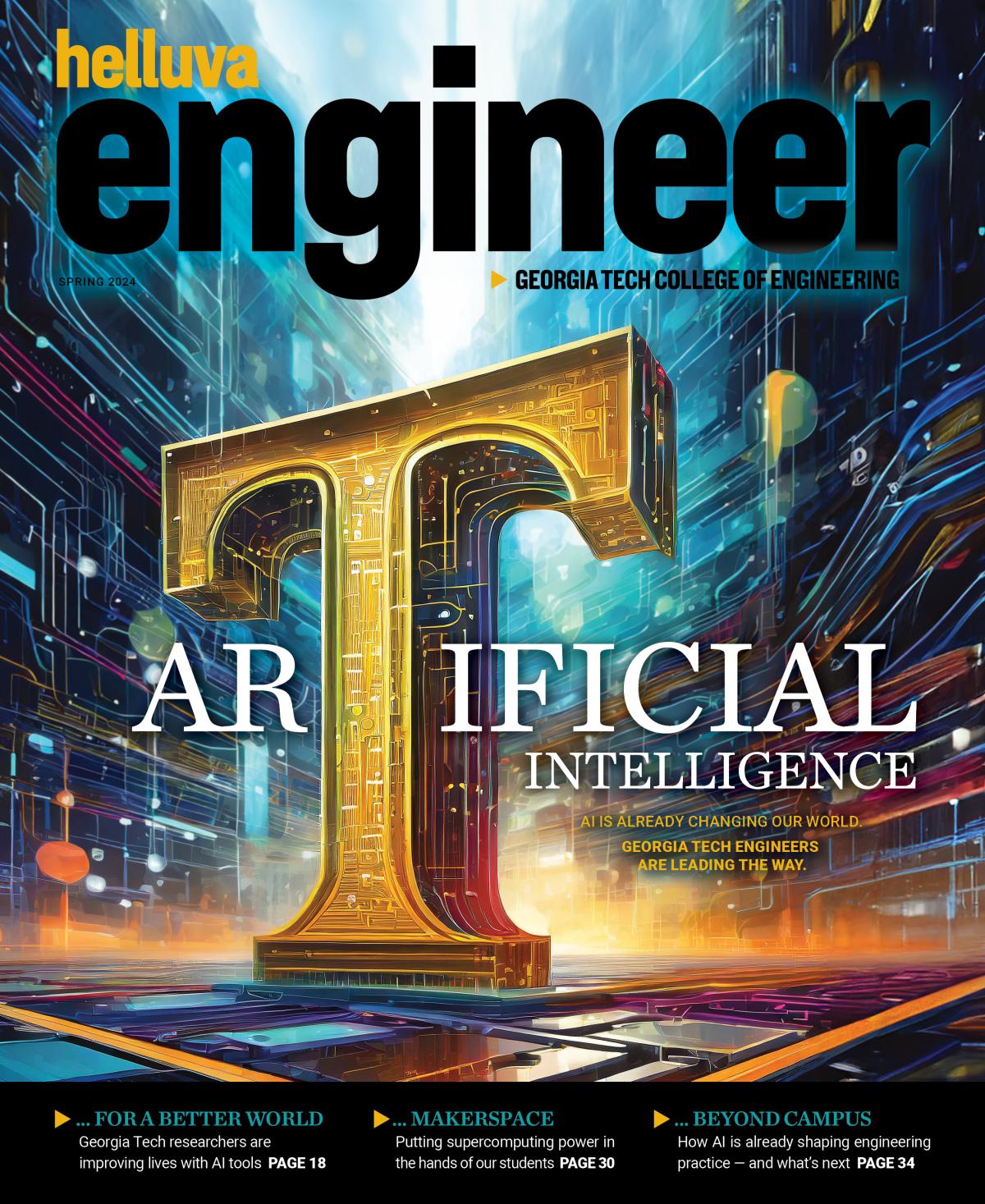
Helluva Engineer
This story originally appeared in the Spring 2024 issue of Helluva Engineer magazine.
Georgia Tech engineers are using artificial intelligence to make roads and rivers safer, restore or boost human function, and enhance the practice of engineering. We’re building the technology and infrastructure to power tomorrow’s AI tools. And we’re giving our students the AI courses and supercomputing power they need to be ready. AI is changing our world, and Georgia Tech engineers are leading the way.